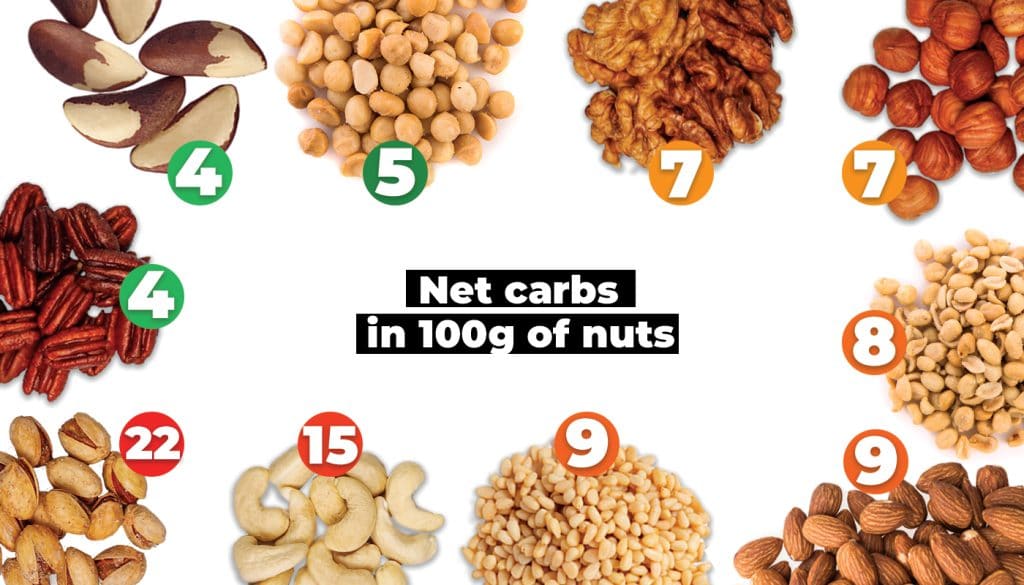Best 5 Keto IQ Strategies to Optimize Your Health in 2025
As we move into 2025, the focus on maximizing health through diet continues to grow. One dietary approach that stands out is the **keto diet**. Known for its emphasis on low carbs and high fats, this **ketogenic lifestyle** offers various health benefits, including improved **blood sugar control** and effective **fat burning**. Here, we’ll outline the top five strategies that can help you enhance your keto experience and fuel your journey towards a healthier you.
Understand the Keto Diet Fundamentals
Before diving into specific strategies, it's vital to grasp the **keto diet** fundamentals. At its core, this **low carb diet** aims to shift your metabolism into a state of ketosis, where **ketones**—produced from fat—become your body's primary energy source. This transition helps in **weight loss** and supports **fat adapted** living, making it crucial to know your **keto food list** to maintain a proper balance of **healthy fats**, **high protein**, and low carbohydrates. Engaging with resources such as online **keto community** platforms can enhance your understanding and keep you accountable.
Meal Planning for Success
Effective **meal planning** is key to achieving **keto success**. By preparing meals in advance, you can ensure that you’re consistently consuming **keto-friendly** foods while avoiding potential trips to the store where unhealthy choices may tempt you. Start by creating a weekly **keto meal plan** that highlights **keto recipes** featuring **healthy fats** and lean proteins. This approach not only saves time but also aids in **appetite control** and helps maintain consistent **blood sugar levels**. Consider batch cooking **ketogenic meals** and freezing them so you always have convenient options available.
Transitioning into Intermittent Fasting
Incorporating intermittent fasting into your routine can supercharge your **ketogenic** journey. This technique involves cycling between eating and fasting periods, which promotes **fat loss** and improves **metabolic flexibility**. Fasting encourages your body to tap into its fat reserves for energy, allowing for higher **ketone levels** and accelerating the path to **healthy ketosis**. Common methods include the 16/8 method, where you fast for 16 hours and eat during an 8-hour window. This strategy not only aids in **weight management** but also contributes to overall **brain health** by sharpening mental clarity.
Incorporating Keto-Friendly Snacks
Snack choices can derail even the most diligent **keto followers**. It's essential to have **keto snacks** readily available that align with your **low carb lifestyle**. Prepare a variety of high-fat snacks, such as avocado slices with sea salt, cheese sticks, or homemade protein bars with **healthy fats**. Having options on hand can help you avoid unhealthy snacking, emphasizing the importance of being proactive in your **dietary choices**. Opt for nutrient-dense snacks that support **energy boosts** without spiking **glucose levels**.
Utilizing Supplements Wisely
**Keto supplements** can serve as powerful tools in your health optimization arsenal. They often contain nutrients that may be deficient in a **low carbohydrate** diet, such as magnesium, omega-3 fatty acids, and electrolytes. These supplements can help maintain **insulin sensitivity** and reduce the likelihood of keto flu symptoms when transitioning into **nutritional ketosis**. However, supplements should complement your diet rather than replace whole foods. Always consult with a healthcare provider or a expert before starting any new supplementation routine.
Adapting Your Keto Recipes
Experimenting with **keto recipes** can keep your meals exciting and sustainable. While traditional carbohydrates are off-limits, many alternatives can make **nutritional changes** easier and enjoyable. For instance, transforming classic dishes such as pizza can be achieved by using **cauliflower crust** instead of wheat-based alternatives. Look for **keto meal prep ideas** that resonate with your taste and adapt them to fit the **ketogenic diet**. This approach not only helps prevent cravings but also supports **sustainable weight loss** by introducing new flavors to your routine.
Tracking Progress and Nutritional Intake
Tracking your progress the right way can drastically improve the chances of achieving your wellness and weight loss goals. By keeping an eye on your daily calorie intake, macronutrient balance, and blood ketone levels, you can identify what works best for your body. Tools like keto tracking apps can assist in calculating your **keto meal plans** accurately while integrating educational aspects, empowering you on your **fat loss journey**. Maintaining focus on **healthy eating** habits sends you down the path of **long-term success**.
Adapting to Lifestyle Modifications
As you engage in your **keto lifestyle**, it's crucial to adapt your routines and habits towards long-term sustainability. This involves fostering a mindset shift towards healthier habits, such as preparing meals together with friends or family, which can combat the isolation often felt while dieting. Additionally, creating a support system by connecting with peers who share similar goals can keep you motivated and prevent slipping back into old habits. Embrace these **lifestyle modifications** as part of your overall plan, empowering you on the road towards healthy living.
Nutrition Education for Empowerment
Understanding the **health benefits of keto** can further motivate you in your journey. Research the various aspects of **macronutrient balance** to learn how to optimize your intake of **dietary fats** and upgrade your overall food choices. This nutritional education not only helps you navigate food options better but also reinforces your commitment to lasting health transformations and dietary changes, making you resilient to challenges that lie ahead.
Key Takeaways
- Effective meal planning and preparation are essential for ketogenic success.
- Incorporate intermittent fasting to enhance fat burning and metabolic flexibility.
- Utilize **keto-friendly** snacks to keep cravings in check and provide energy.
- Consider supplements that complement a low carb diet but prioritize whole foods first.
- Track your nutritional intake and make informed adaptations as needed for long-term health.
FAQ
1. What are the main benefits of following a Keto Diet?
The **keto diet** offers numerous health benefits, including effective **weight loss**, improved **blood sugar control**, increased energy levels, and enhanced mental clarity. By promoting a **fat-burning** metabolic state through low carbohydrate intake, it encourages the body to utilize stored fat for energy. This strategy not only supports immediate weight management but also fosters overall digestive health and **fat loss** over time.
2. How do I safely transition into a ketogenic lifestyle?
Transitioning into a **ketogenic lifestyle** requires gradual changes to avoid common side effects. Start by reducing carbohydrates gradually over several days while increasing your **healthy fats** intake. This method helps your body adjust to using fats as its primary fuel source without painful symptoms such as keto flu. Keeping hydrated and ensuring you consume enough electrolytes can also facilitate a smoother transition.
3. Can I exercise while following a Keto diet?
Yes! Engaging in regular physical activity is beneficial while on a **low carb diet**. When you become **fat adapted**, your body utilizes stored fat for energy, allowing for enhanced performance during workouts. It is essential to listen to your body and adjust your exercise routine in line with your individual energy levels as you adapt to **nutritional ketosis**.
4. What types of foods should I focus on in my keto meal plans?
Your **keto meal plans** should primarily include **healthy fats** like avocados, nuts, and olive oil, alongside lean meats, fish, and non-starchy vegetables. It's also crucial to incorporate a variety of **keto recipes** to keep meals interesting while meeting your macronutrient needs. Avoid high-carb foods such as grains, sugar, and legumes to maintain **ketosis** effectively.
5. Is it necessary to take supplements on a Keto diet?
While it's possible to get all the nutrients needed from foods, some may find **keto supplements** useful in filling nutritional gaps, especially in the initial stages of the diet. Common supplements include magnesium, electrolytes, and omega-3 fatty acids. However, prioritizing whole, nutrient-dense foods is the best approach to ensuring long-term health while on the **keto path**.


